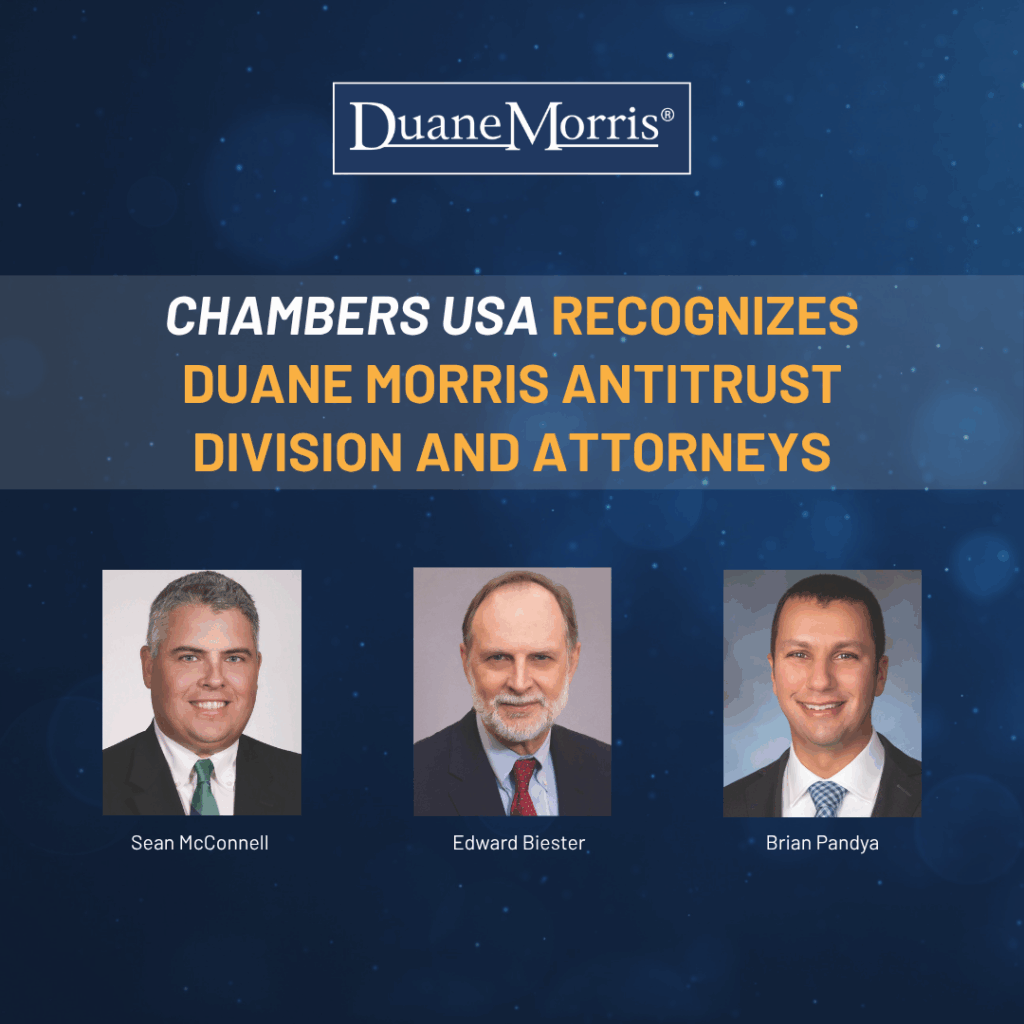By Sean P. McConnell, Katherine Speegle, Sarah O’Laughlin Kulik and Brian H. Pandya
On February 12, 2026, the United States District Court for the Eastern District of Texas vacated the FTC’s 2024 rule that substantially expanded premerger notification requirements under the Hart-Scott-Rodino (HSR) Act in Chamber of Commerce of the United States of America, et al., v. Federal Trade Commission. The decision is an important development for companies engaged in mergers and acquisitions, as it potentially invalidates requirements that have nearly tripled the time and expense associated with HSR filings.
Read the full Alert on the Duane Morris LLP website.

